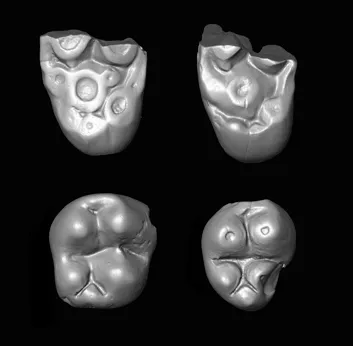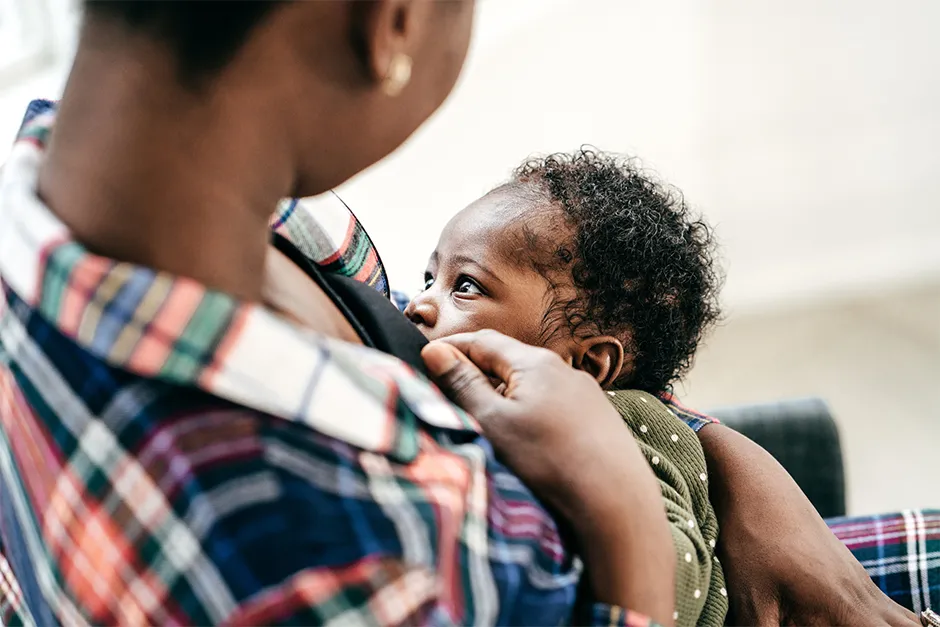UK hospitals can cope with the coronavirus peak, study says
The health service is on course to successfully navigate the initial peak in coronavirus cases, a briefing by NHS Providers, the organisation that represents hospitals and other NHS trusts in England, has stated.
The briefing, titled Confronting coronavirus: the story so far, details the preparations we need to deal with the pandemic, and insights on how the NHS is coping with the greatest challenge in its history.
Read more about the coronavirus:
- Coronavirus: contact tracing app could stop spread if 80 per cent use it
- Coronavirus transmitted two to three days before symptoms show
The document identifies four key factors in the NHS being able to successfully respond to the current surge in cases: the extensive planning and preparation carried out since 30 January; the additional capacity created, in terms of space, beds, staff and equipment; the impact of social distancing in slowing infection; and the extraordinary response of frontline staff.
“The NHS is facing the challenge of its lifetime. The response has in many ways exemplified all that is best about our health service, including the commitment and compassion of frontline staff, the resolve and resourcefulness of trust leaders, and the overwhelming generosity and support of the British public,” said Chris Hopson, the chief executive of NHS Providers.
“The pandemic is a tragedy for so many people who have lost loved ones. But we know there are thousands more who have survived thanks to the brilliant care they have been given by the NHS. We are approaching a crucial moment as indications increase that the first surge is starting to level off. We cannot relax. We must remain vigilant. We must continue to protect the NHS."
Ancient monkeys may have travelled across the Atlantic Ocean on rafts
Fossilised monkey teeth unearthed deep within the Peruvian Amazon suggest that ancient monkeys journeyed across the ocean from Africa, a study at Keck School of Medicine suggests.
The teeth belonged to a newly discovered species related to an extinct family of African primates known as parapithecids. The team believe that the monkeys may have made the 900-mile trip on floating rafts of vegetation that broke off from coastlines, possibly during a storm.

Based on the age of the site and the closeness of the species to its fossil relatives from Egypt, researchers estimate the migration might have occurred around 34 million years ago.
“We're suggesting that this group might have made it over to South America right around what we call the Eocene-Oligocene Boundary, a time period between two geological epochs, when the Antarctic ice sheet started to build up and the sea level fell,” said the study’s leader Prof Erik Seiffert.
“That might have played a role in making it a bit easier for these primates to actually get across the Atlantic Ocean.”
Read more about primates:
- Bonobo mums drag their sons to ovulating females
- Chimps' working memory 'similar to seven-year-old children'
The team named them Ucayalipithecus Perdita after Ucayali, the area of the Peruvian Amazon where the teeth were found, pithikos, the Greek word for monkey and perdita, the Latin word for lost. Ucayalipithecus perdita would have been very small, similar in size to a modern-day marmoset.
“The thing that strikes me about this study more than any other I've been involved in is just how improbable all of it is,” said Prof Seiffert.
“The fact that it's this remote site in the middle of nowhere, that the chances of finding these pieces is extremely small, to the fact that we're revealing this very improbable journey that was made by these early monkeys, it's all quite remarkable.”
Breastfeeding may lead to fewer human viruses in infants
Consuming even small amounts of breast milk can protect babies from a range of viruses by increasing the viral populations in their guts, a study at the University of Pennsylvania has found.
The findings expand upon prior research that suggesting that breastfeeding plays a key role in the interaction between babies and the microbes in their environment.

The researchers measured the numbers and types of viruses found in the meconium, the first stool, and subsequent stools of newborns in both the United States and Botswana. They found that shortly after delivery, babies had little or no viral colonisation, but after just one month this shot up to as much as one billion viruses per gram of gut contents.
Read more about babies' microbiome:
- Newborns' gut microbiome changes depending on method of delivery
- No link between Caesarean section and obesity risk, study finds
Most of this first wave of viruses are predators that grow in the first bacteria that colonise the infant gut. Later, at four months, viruses that can replicate in human cells and potentially make humans sick became more prominent in the babies' stools. The team found that breastfeeding helped to suppress the accumulation of these potentially pathogenic viruses even when mixed with formula.
“These findings can help us better understand why some babies get sick and develop life-threatening infections in their first months of life,” said senior author Frederic Bushman, PhD, chair of the department of Microbiology.
